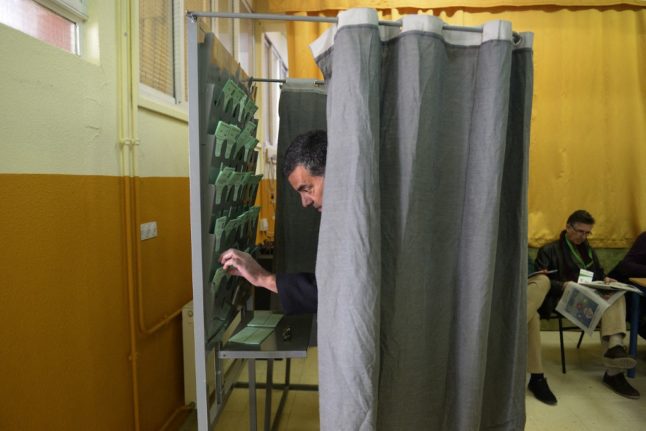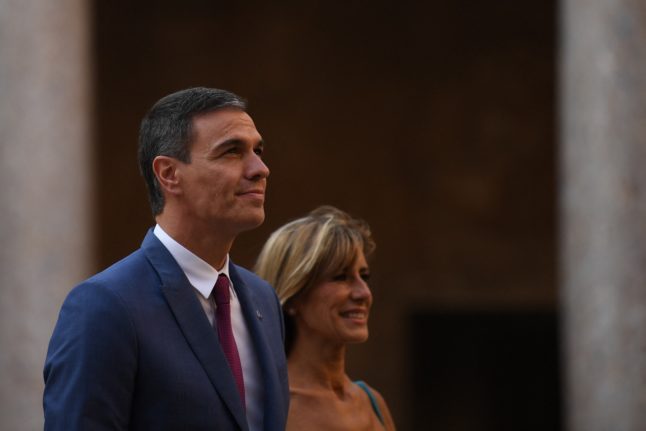Polls suggest the conservative Popular Party (PP), which has governed the southern region since 2018, will win around 50 seats in the 109 seat Andalusian parliament, more than all leftist parties combined.
The Socialists are predicted to win around 33 seats, the same number as at the last election in 2018 when they were ousted from power in Andalusia for the first time since the regional government was established in 1982.
Spain’s most populous region had until then been a Socialist stronghold but a scandal over the misuse of public funds intended to fight unemployment cost the party dear.
Home to 8.5 million people — almost a fifth of Spain’s population — Andalusia has long had a high jobless rate, which is why some believe it traditionally tended to vote left.
It may be known for its white-walled villages and popular Costa del Sol beach resorts, but almost one in five of the working population have no job, one of Spain’s highest rates.
READ ALSO: Why Andalusia’s elections matter for Spain?
“I don’t think that Andalusia has stopped being leftist sociologically,” University of Granada political science professor Oscar Garcia Luengo told AFP.
The Socialists are victims of “the natural wear and tear of a party that has been in government for decades, which has had cases of corruption,” he added.
Far-right party support?
While the PP appears set to win Sunday’s election, it is not clear if it will secure an absolute majority which would allow it to govern alone.
If it doesn’t, the PP will likely need to seek support from the far-right Vox by bringing it into the regional government, as happened earlier this year in the northern region of Castilla y Leon.
Until now, Vox has supported the PP in Andalusia but from outside government.
Any deal with Vox would complicate efforts by the PP’s new national leader, Alberto Núñez Feijóo, to project a more moderate image.
The head of the PP in Andalusia, Juan Manuel Moreno Bonilla, appealed to voters on Wednesday to back him and give him a “strong and constructive government”, instead of one “weighed down” by Vox.
With much of Spain gripped by a heatwave that has pushed temperatures above 40 degrees Celsius (104 Fahrenheit) in Andalusia, PP officials fear voters will head to the beach instead of the ballot box.
“There will be many Sundays at the beach, but there will be only one way to consolidate change” in Andalusia, Moreno Bonilla said.
‘Sensible alternative’
If the polls are right, this will be the Socialists’ third consecutive regional election loss to the PP after votes in Madrid in May 2021 and Castilla y León in February.
The Popular Party is poised to win the support of nearly 17 percent of voters who cast their ballot for the Socialists in 2018, according to a survey by Sigma Dos for the El Mundo daily.
There is “a very visible strategy” by the PP of “presenting itself as a sensible alternative, an effort to present itself as an option from the centre,” said Garcia Luengo.
Losing in Andalusia would be a “severe blow” for the Socialists and would mean “Sanchez might face an uphill battle to get re-elected” next year, said Antonio Barroso, an analyst at political consultancy Teneo.
“The PP seems to be gaining increasing momentum, and voter concerns about inflation might only make it more challenging for Sanchez to sell his government’s achievements in the next legislative election,” he added.
READ ALSO: A foreigner’s guide to understanding Spanish politics in five minutes



 Please whitelist us to continue reading.
Please whitelist us to continue reading.
Member comments